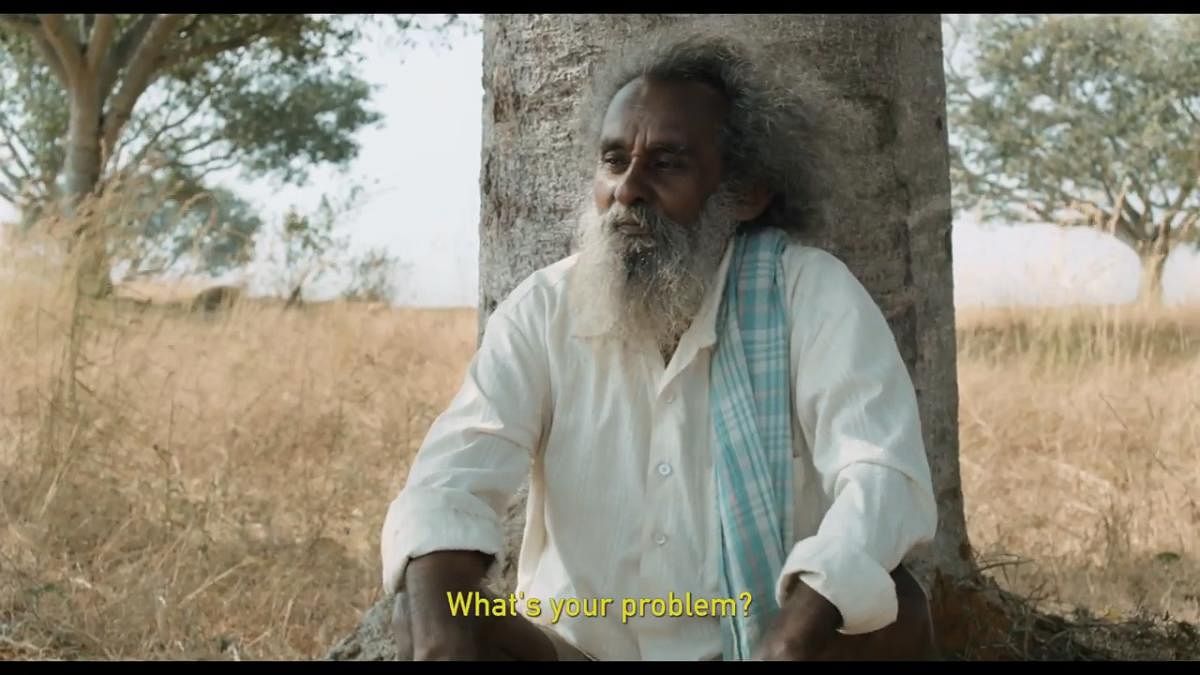

Director Raam Reddy describes himself as a ‘free-flowing’ person. The phrase is also one of the best ways to define his maiden film ‘Thithi’ that had the world’s attention five years ago.
Nodekoppalu, a nondescript village in Mandya, and a set of non-professional actors were talking points in several prestigious international film festivals. The slice-of-life, humorous Kannada film portrayed a universal story in a unique manner.
In an era of overflowing content, ‘Thithi’ continues to occupy a special place in the hearts of the cinephiles. It is a film praised even by Francis Ford Coppola, the director of the cult classic ‘The Godfather’. "'Thithi' is joyous with unforgettable characters,” he had said at the film's screening in Moscow.
“We never thought the film would become what it became. It’s overwhelming to see people give it so much attention even now. By representing all generations, we tried to make something relatable to all. It’s a film that’s survived beyond its context. It happened because of the human nature of the story. It’s also because of the naturalism we tried to achieve,” Raam tells Showtime.
The film, co-written by Ere Gowda, gave iconic characters like Gaddappa (played by Channegowda) and Century Gowda (Singrigowda). Cashing in on their popularity, directors repeated the characters using the duo in forgettable films like ‘Thathanna Thithi Mommagana Prasta’, ‘Tharle Village’, ‘Yen Nin Problemmu’ and ‘Haalu Thuppa’.
Working with them was an unforgettable experience, says Raam. “The film was born out of the milieu of the place. People’s lives and personalities were understood and then worked into the film’s narrative. If you see Gaddappa, when he is smiling and playing with the school kids, you can see his eyes sparkling. That’s not something that a director can do. That’s in the soul of the person. So yes, they have definitely touched me,” he offers.
Experts felt ‘Thithi’ would spur an independent film movement in the Kannada industry. But apart from a handful of films like ‘Shuddhi’, ‘Amaravathi’ and ‘Ammachi Yemba Nenapu’, the industry hasn’t witnessed many quality experimental films in the last five years.
“It’s tricky to make films from your heart,” notes Raam. “The whole superstructure of cinema that involves producers and distributors, doesn’t support passion projects. It’s not easy to make this kind of work in this country. Regardless of the rise of the OTT era, the context of independent cinema in India is a constant battle,” he explains.
Is that the reason behind the long delay in his second directorial? “Of course,” he says. “Even after achieving something like ‘Thithi’, I faced several challenges when I planned my second project. There is only a gap because good cinema takes time, much more than what people would expect,” he says.
Even though he reveals minimal information about his sophomore flick, the filmmaker is excited about it. “It’s on magic realism, as I had revealed earlier. It’s aiming for originality like ‘Thithi’. In this film, there are technical complexities unlike ‘Thithi’, which was about authenticity. This film is much more personal and technical. It’s a classically cinematic project. And I am shooting on film, something that I find interesting. It’s slowly shaping up,” signs off Raam.